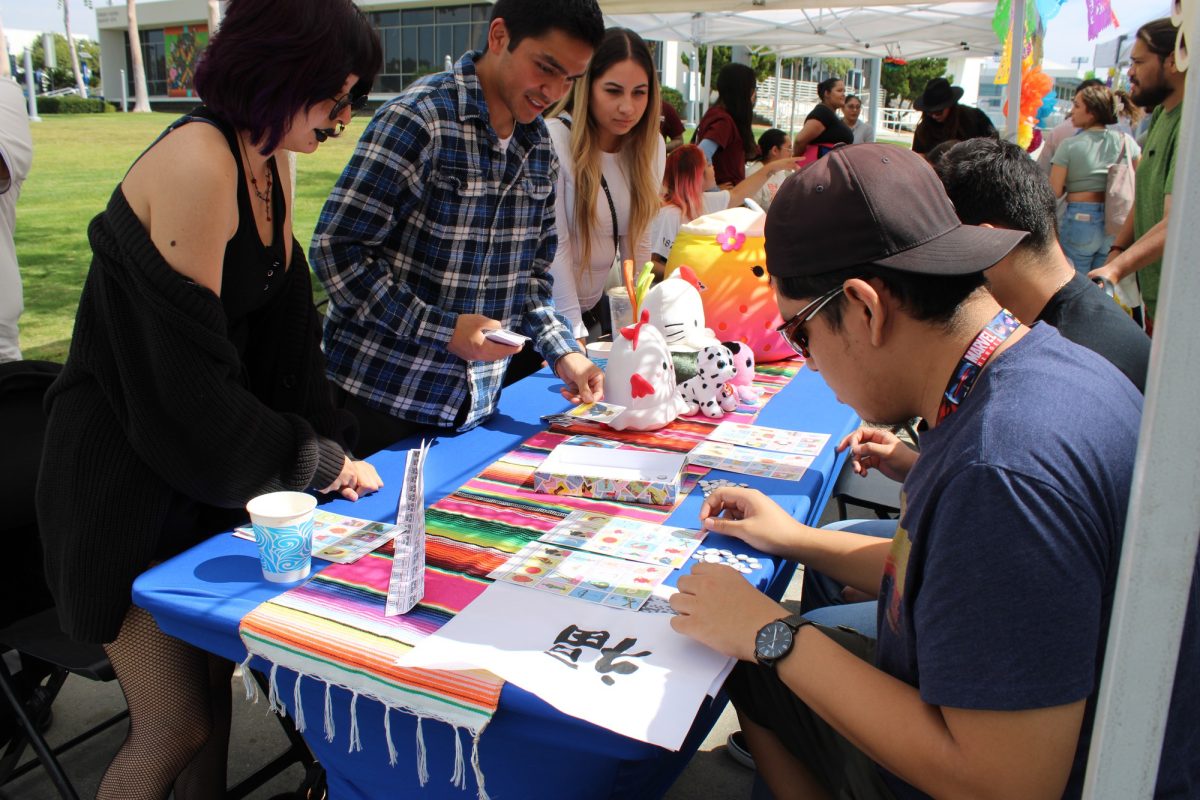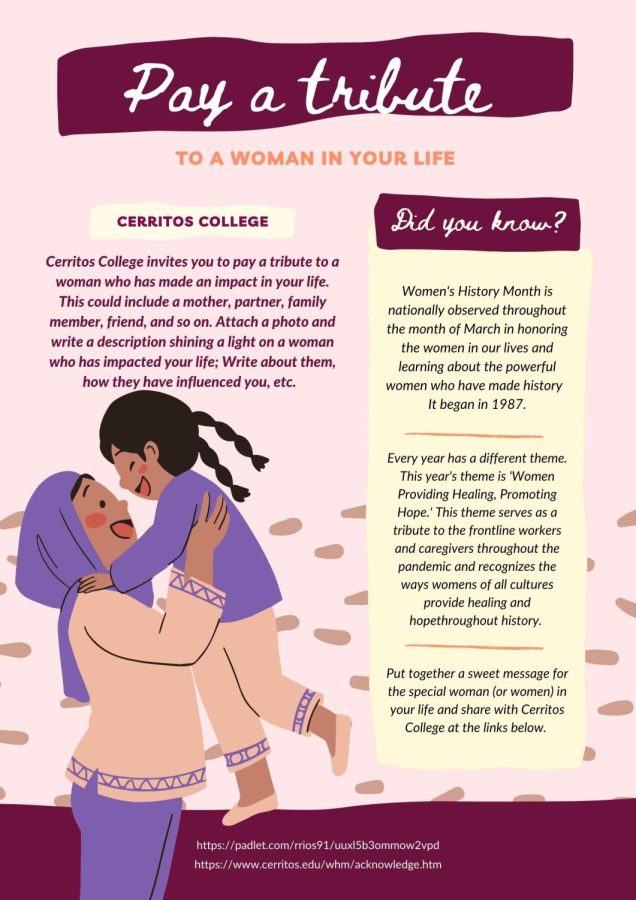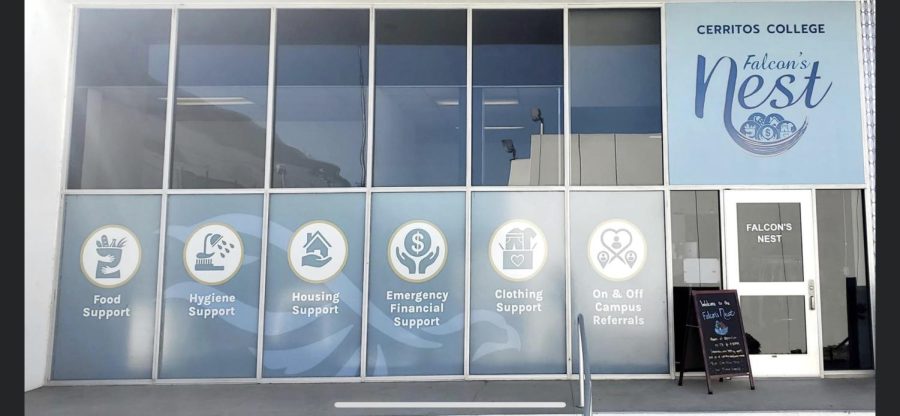The Re-entry Resource Program presented a workshop informing students about intimate partner violence and the cycle of violence.
Community Outreach Director Pamela Sepulveda and guest speaker at the presentation on Oct. 24 was invited by Shannon Estrada, coordinator of the Re-entry program.
“October is intimate partner violence awareness month [so] people on campus should know this is an important issue that affects many students,” Sepulveda said.
Sepulveda began the presentation with explaining the types of abusive behavior:
- Aggressive act, such as psychically hitting someone.
- Indirect consists of online bullying or staring someone down.
- Pattern of repeated behavior or time or an escalation of aggression.
- Imbalance of power or strength, where one person in the a couple believes they have more power than their significant other and choses to abuse it.
Then Sepulveda explained the phases in a cycle of violence:
- Tension stage: anger, arguments, and blaming occur
- Acute battering: incidents occur
- The honeymoon stage: abuser asks for forgiveness to victim and promise it won’t happen again
She explained that abusers usually ask the victim for forgiveness to make them stay with them.
Some of the excuses they give are that they weren’t having good day, they still love them and reminisce the good times they had together.
These three phases are shown in video that Sepulveda showed called “One voice” where a 911 call is heard by a woman named Barbara Holland in April 2009.
In the violent audio you hear Holland screaming for help, crying, and arguing with her boyfriend, but soon her phone gets disconnected.
The operator tries to reach out to her but she doesn’t answer, Holland’s boyfriend Jon Keyser gets questioned by the police searching for Holland.
Later in the video they show Holland’s hair on the floor and Keyser’s clothes covered in blood.
When the police found Holland she was at her friend’s house with bruises all over her body and blood on her head but when the police talked to her she defended her boyfriend saying he loved her and didn’t want to press charges.
Cops reported Holland got beat by her boyfriend using a torch and a hammer.
A day after the incident, Keyser called Holland back asking for forgiveness, telling her he loves her.
The survivor of intimate violence Holland released this video in order to help other victims speak up.
Every nine seconds a woman is abused in the US by her boyfriend or husband according to Sepulveda.
She expressed the importance and self-care after the video.
“It’s important for us to keep in mind that the boogyman doesn’t show up and say I’m the boogyman,” Sepulveda said.
Over time, victims of domestic abuse suffer from:
- Low self-esteem
- Increased depression and anxiety
- Increased work and school absences
- Lowered school and work achievement
- Illness
- Thoughts of suicide
- Trauma bonding or Stockholm syndrome
Business administration major, asked to be anonymous, said she was a victim of domestic violence and suffered through it for many years.
“This made me realize I’m not alone and many people are living through this. The workshop helped me with a lot of resources to reach out for help,” she said.
Sepulveda referred students to local shelters in the 562 area code region such as Su Casa, Human Options, Women’s Transitional Living Center, Women’s Shelter of Long Beach, Laura’s House.
Estrada referred students to the Student Health Services on campus where there is a psychologist to help students and the Title 9 office.
“When students are educated on this issue then students can help friends, other students, colleagues and themselves to living a physically safer and emotional life,” Sepulveda said.








